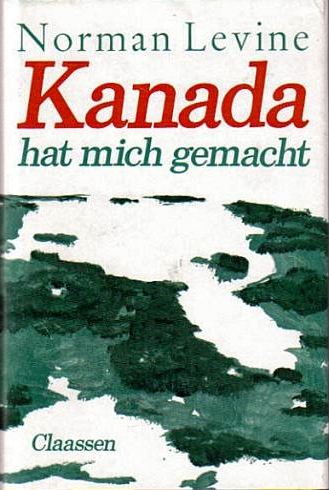Or maybe not:
 |
| The Globe & Mail, 10 April 1910 |
I was familiar with
Three Weeks – it was, after all, penned by scandalous semi-Canadian
Elinor Glyn – but I have Staff Inspector Kennedy and Detective McKinney to thank for bringing
Cynthia in the Wilderness and
The Yoke to my attention. Both products of the fertile mind of Hubert Wales, they'll soon be added to my library.
What sold me were these solid synopses found in David Trotter's
The English Novel in History, 1895-1920 (London: Routledge, 1993). Of
Cynthia in the Wilderness, he writes:
Cynthia's husband, Harvey, revered her spirit and is consistently unfaithful to her body. She meets a man who appreciates both. They become lovers. However, the increasingly brutish Harvey catches them in the act and beats her lover over the head with a golf club. The lover survives. Meanwhile one of Cynthia's friends has self-sacrificingly poisoned Harvey and taken the rap. Cynthia returns from the Wilderness to marry her lover.
And of
The Yoke, which Prof Trotter describes as "Racier still":
Angelica Jenour, still a virgin at forty, realizes that her twenty-year-old ward, Maurice, is awakening sexually, and fears that he will resort to prostitutes. One of Maurice's friends contracts venereal disease and commits suicide. Angelica decides that she will save Maurice from a similar fate, and herself from the "yoke" of repression by becoming his lover. After educating him in love, and in "racial health", she passes him on to his future wife.
Two years after the raid, Albert Britnell was convicted of knowingly selling indecent and obscene books. He was later acquitted. The appeal can be found online in
Canadian Criminal Cases, vol. XX (Toronto: Canada Law Book, 1913).
The novels themselves are available
gratis to all online, Torontonians included:
Cynthia in the Wilderness,
The Yoke,
Three Weeks.
Meanwhile, Staff Inspector Kennedy and Detective McKinney spin in their respective graves.
 |
Albert Britnell, 241 Yonge Street, Toronto
Stationary & Office Products 1911
(cliquez pour agrandir) |





















































